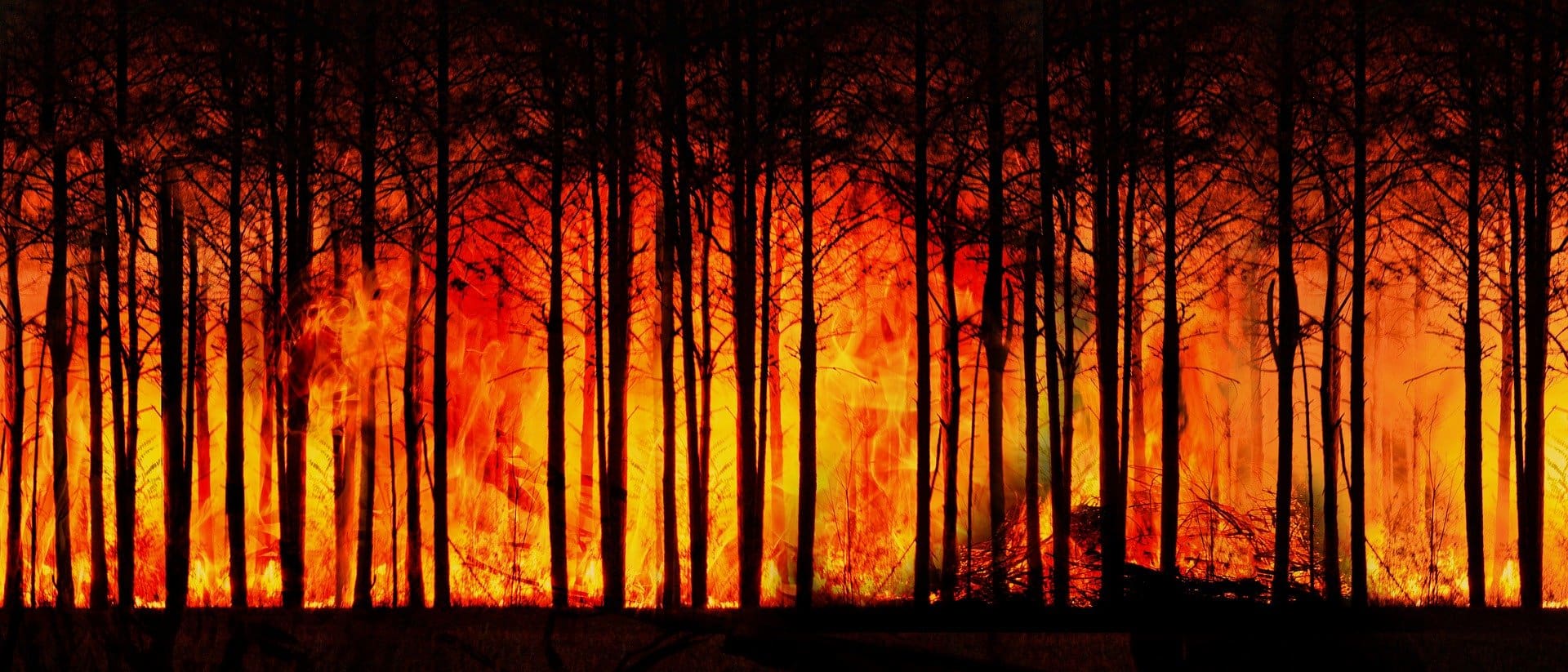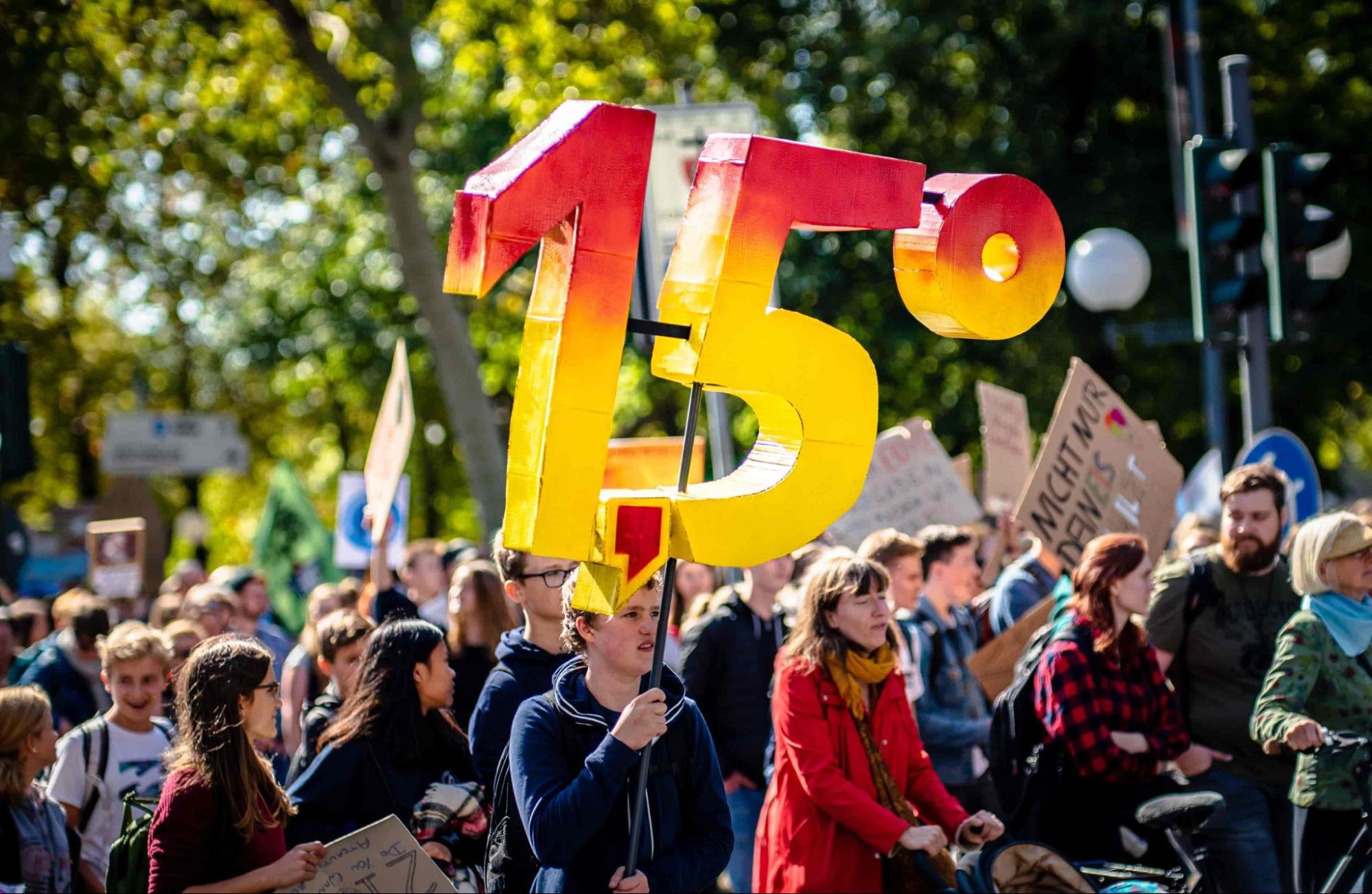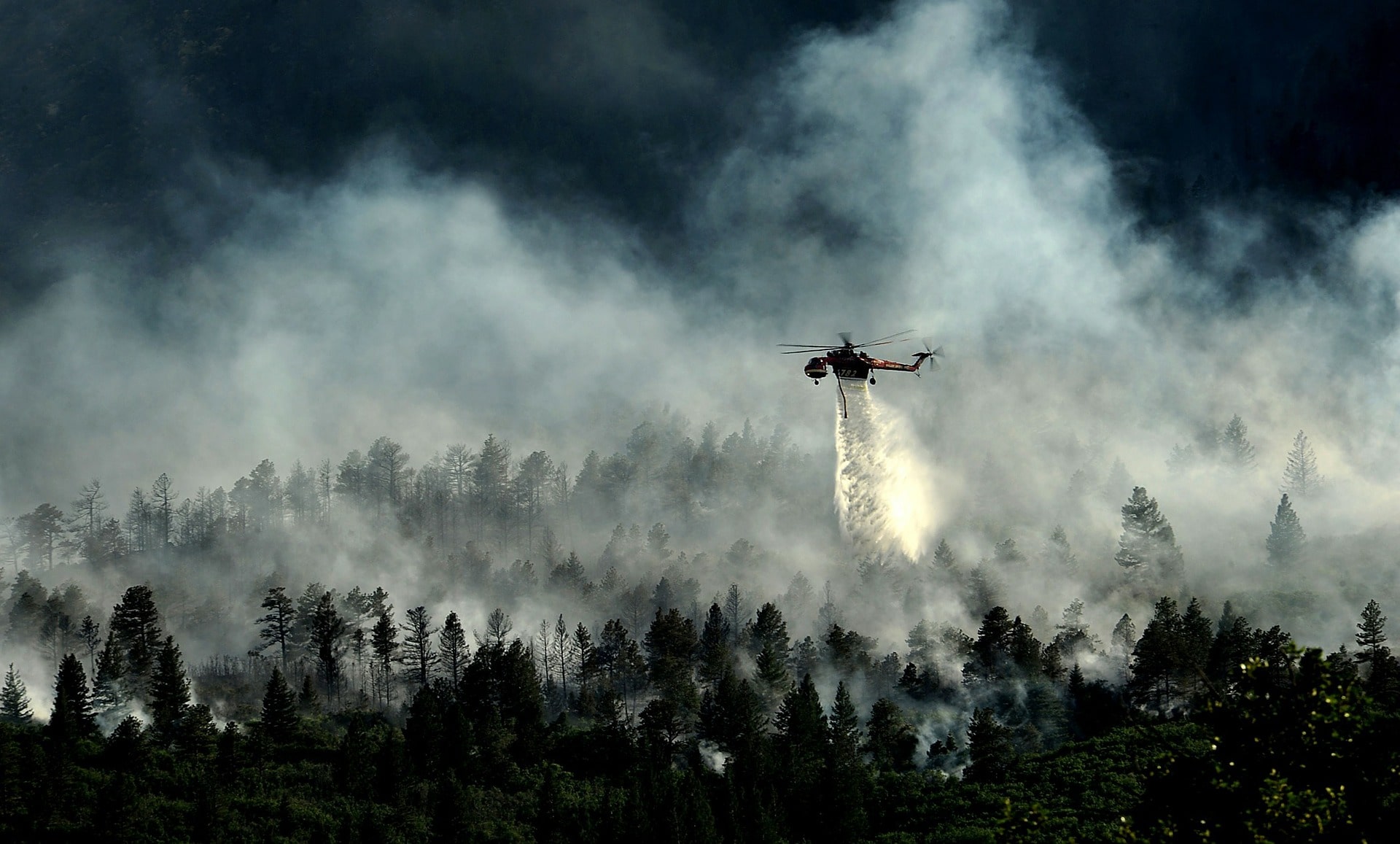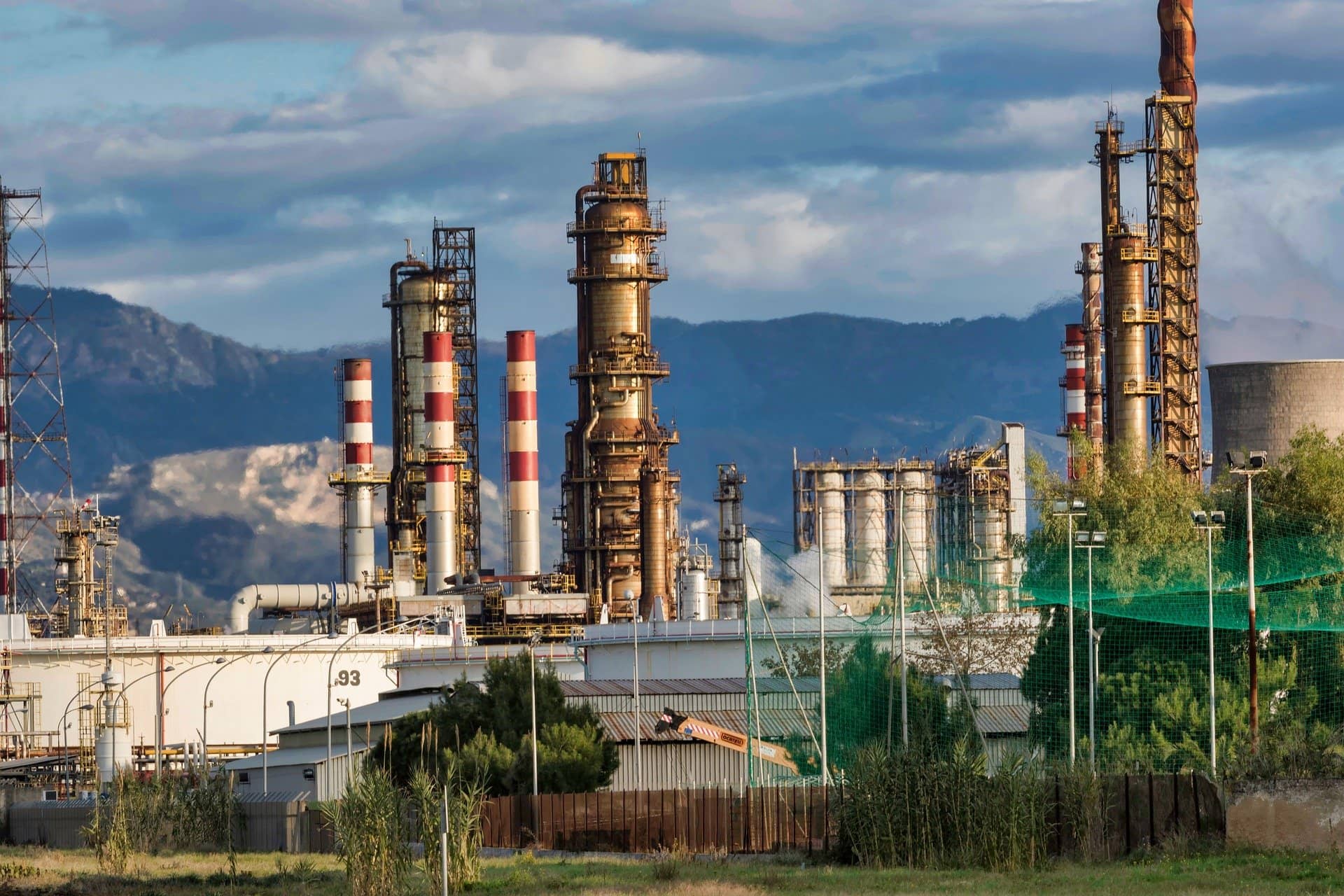After an absence of a year, COP is back; but is there any reason to believe that the latest chapter in this interminable saga can generate meaningful action? What we know for sure is that far too much time has already been wasted and our planet cannot afford yet more failure.

Image by Gerd Altmann from Pixabay
The world’s leading climate scientists’ latest report was described as a “code red for humanity”.
Its headline message was that climate change is "widespread, rapid, and intensifying". They also made it clear that there was no longer any doubt that the primary cause is emissions resulting from human activity. The gravity and urgency of the crisis has been spelt out in starker terms than ever before, but will this finally produce the appropriate response from governments?
COP arguably offers the best opportunity to achieve progress within the constraints of our existing economic and political system. In November we’ll see whether the 25th sequel achieves anything, or instead demonstrates that the current system is incapable of delivering action at the scale and pace necessary to avoid ecological breakdown and societal collapse.
What is COP26?
“Uniting the world to tackle climate change” is the bold claim made on the homepage of the COP26 website.
COP26 is the shorthand name for the 26th UN Climate Change Conference of the Parties. It will take place in Glasgow, Scotland this November, after being delayed for a year due to the COVID-19 pandemic.
COP conferences bring together representatives from all around the world with the specific stated aim of tackling climate change. Coming less than 100 days after the publication of the IPCC report, COP26 seems to offer the perfect opportunity for governments to respond, based on a full understanding of the catastrophic threats we face. However, the fact that we still find ourselves in the midst of a rapidly escalating emergency after 25 previous COP conferences suggests that too much optimism would be misplaced.
Most people don’t remember very much about COP25, which took place in Madrid in December 2019. The main reason for this is that it achieved very little. The pile of manure dumped outside the conference by Extinction Rebellion (XR) activists summed up the progress made fairly well.
Probably the most significant outcome from a COP conference was the 2015 Paris Agreement, which was adopted at COP21. The Paris Agreement’s central goal was to limit global warming to well below 2°C, preferably to 1.5°C, compared to pre-industrial levels. To achieve this goal, countries made commitments to reduce emissions which are known as Nationally Determined Contributions (NDCs), requiring participants to make further, more ambitious commitments every five years.
Unfortunately, as it stands, most countries have not taken sufficient action to achieve the Paris Agreement’s primary goal. Climate Action Tracker projects that current pledges and targets would result in average global warming of around 2.4°C by 2100. Pledges alone have little value if they’re not backed up with the actions necessary to deliver them: it’s estimated that current policies would result in warming of around 2.9°C.
The last chance to limit warming to 1.5 degrees
COP26 is the most significant climate meeting since Paris 2015. This is because we’ve reached the end of the first five year cycle, so countries need to increase their NDCs. Countries were originally supposed to do this in 2020, but many have yet to do so.

Photo by Mika Baumeister on Unsplash
The new IPCC report projects that reaching 1.5°C of warming is pretty much inevitable before 2040.
The time lag between emissions and the warming they produce means that COP26 will probably be the last realistic opportunity to reach an agreement that prevents further increases beyond this level.
Based on current emission levels, it’s estimated that the amount of carbon in the atmosphere could make warming of 1.5°C inevitable in less than eight years; by the time we complete the next five year cycle, any hopes that remain will be gone.
The right environment?
The following factors should (in theory) enhance the chances of success at COP26:
The evidence has never been clearer
The IPCC report published on 9 August underlines the severity and urgency of the situation.
Hundreds of scientists contributed to the report, which was then approved by 195 governments. The involvement of so many individuals and scientific bodies is why IPCC reports are generally considered to be pretty conservative: reaching a consensus is tricky and the outcomes tend to represent what everyone was willing to sign up to, meaning they’re generally more cautious than many would wish. If the IPCC is prepared to say the situation is bad, then it really is bad.
Despite this inherent conservatism, IPCC reports represent the closest thing we have to a definitive position. The fact that so many scientists and governments have signed up to them lends weight to their findings and makes them difficult to ignore. Such consensus around the severity of the situation should provide increased impetus for progress.
We’re already witnessing the impacts
2021 has seen a host of climate related disasters affecting many parts of the world.
We’ve witnessed massive wildfires in the U.S., Siberia, Greece and other parts of Europe and severe flooding in China, Germany, Belgium and many other locations. Huge numbers of people have seen the images or been impacted directly.

Image by David Mark from Pixabay
The consequences of just 1.2°C of warming have shocked many people, including scientists who in some cases had not expected them to be so severe, so rapidly. These events have brought home the fact that the climate crisis is happening right now and isn’t something that will only affect future generations. This heightened awareness and concern is increasing the pressure on governments to act.
The U.S. is back at the table
One of President Biden’s first actions after winning last year’s election was to re-join the Paris Agreement. Alongside China, the U.S. is absolutely pivotal to tackling the climate and ecological emergency (CEE). The total historical emissions of the U.S. are way ahead of every other country (including China) and its emissions per head are also very high.
Having the U.S. back at the table is certainly no guarantee of progress, and some of the new administration’s actions are completely at odds with the rhetoric. However, attempting to tackle the CEE without U.S. involvement would be an even bigger challenge.
The stage is set
So we’re heading towards COP26 with leading scientists having just set out how bad the situation is. We’ve seen vivid evidence from across the planet of what’s happening already. The actions required to tackle climate change, such as massively reducing both our use of fossil fuels and the methane emissions created by livestock, are well documented. The biggest carbon emitters are back at the table and making the right noises about the need for action. It might seem like all the pieces are falling into place to achieve progress towards a solution.
Why is COP26 so unlikely to deliver?
The primary obstacle that remains is a lack of political will to take forward the actions we know are necessary to tackle the CEE. Saying the right things about tackling it is extremely easy, but translating these words into the necessary actions is far more difficult. There’s still massive opposition from those profiting from the status quo, who seek to influence politicians and block progress.

Image by Nicola Giordano from Pixabay
The latest IPCC report may represent the final nail in the coffin of climate denial, but delay represents just as great a risk to the planet.
Too many governments and corporations, aided and abetted by friends in the media, are doing little more than creating the pretence of action. Pledges to achieve net zero by 2050 are being used to distract from how little progress is being made right now. There’s a real danger that people are being lulled into a false sense of security and led to believe that governments have got this covered, which could not be further from the truth.
Now or never
Given the current context, COP26 arguably has the best chance of success it could ever hope for.
The rapidly closing window in which warming can be limited to 1.5°C provides an imperative for agreeing immediate action. If COP26 can’t deliver meaningful progress with all these factors in its favour, it’s very difficult to see the COP process ever delivering. November will show us what, if anything, the COP process can achieve, or it may simply provide even more evidence of the need for alternatives.
If COP fails yet again, it’s vital that the whole world witnesses this failure, understands the implications for our planet and the requirement for radical change.
Governments have already wasted decades and brought us to the point where incremental change can no longer prevent increasingly severe environmental breakdown. We cannot continue with this charade and need far-reaching, urgent action way beyond anything COP has thus far managed to deliver. Extinction Rebellion (XR) believes that upgrading democracy by engaging ordinary people through citizens' assemblies is far more likely to achieve the change our planet so desperately needs.
XR aims to overcome the lack of political will by increasing awareness and pressuring governments to take action. We’ll be doing this all around the world in the run up to COP, during the conference and beyond. We’ll continue to demand that governments tell the truth about the severity of the climate and ecological emergency and act now to address it. We’ll also make the case for replacing processes such as COP, that have repeatedly failed us, with more participative democracy.
If COP can’t deliver the solutions we need when we need them most, then it is time to recognise that COP is part of the problem.